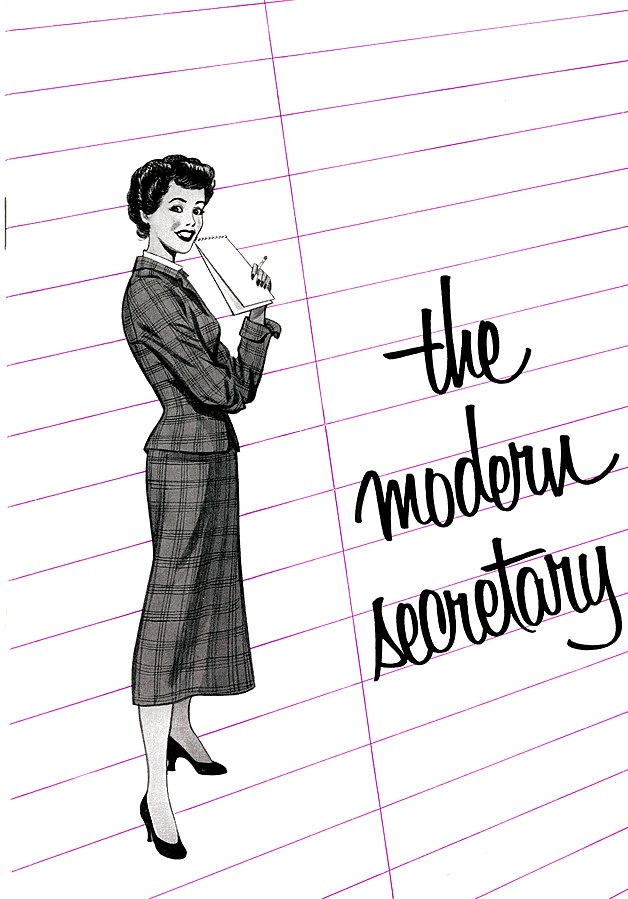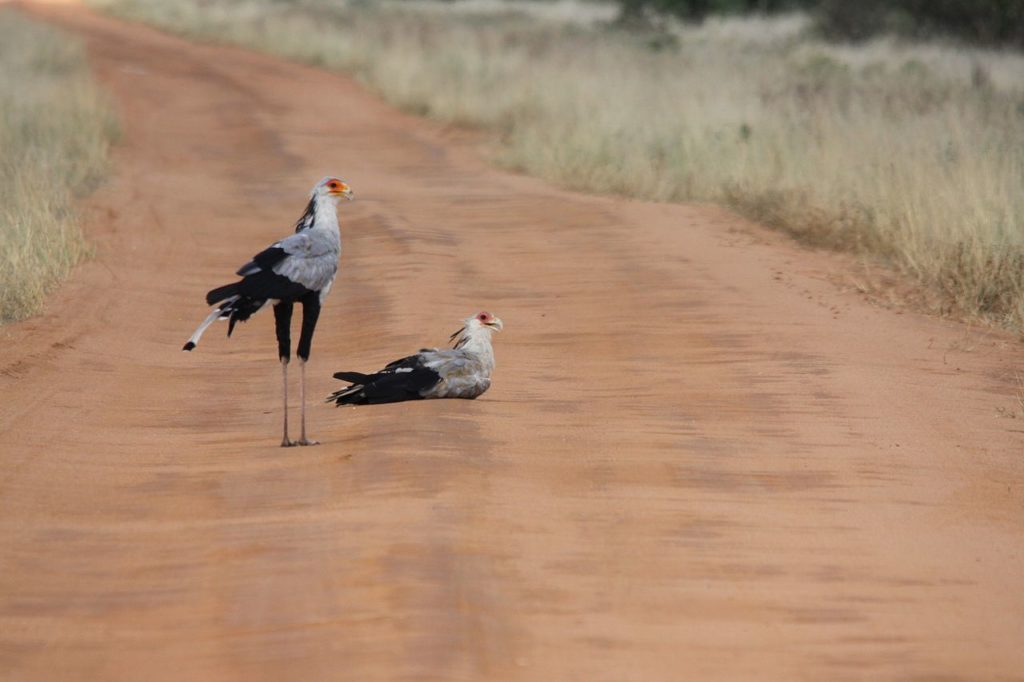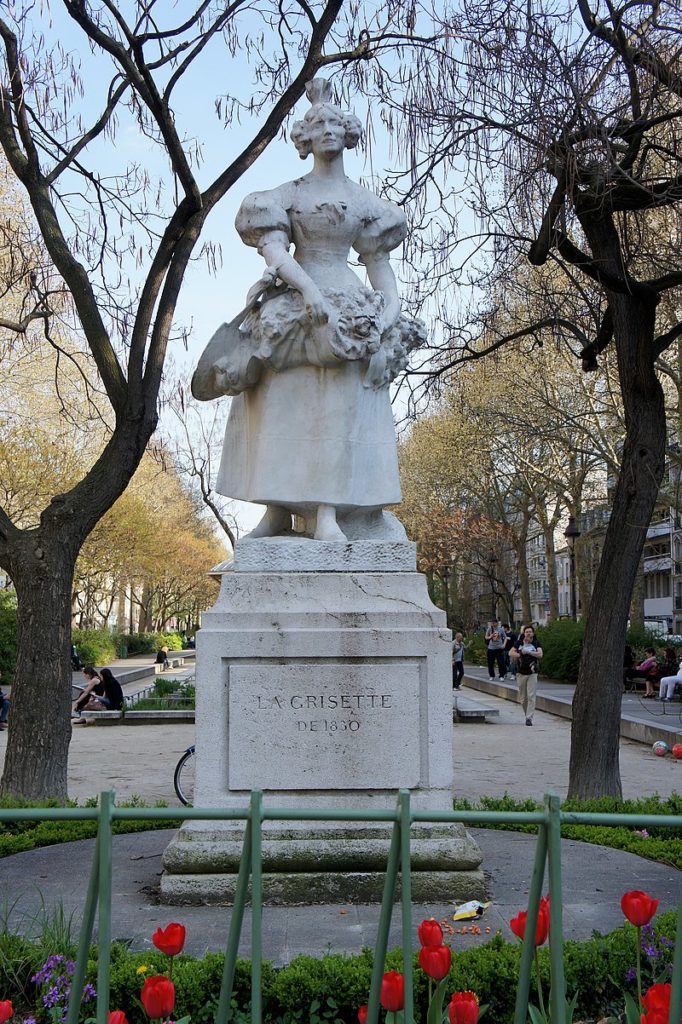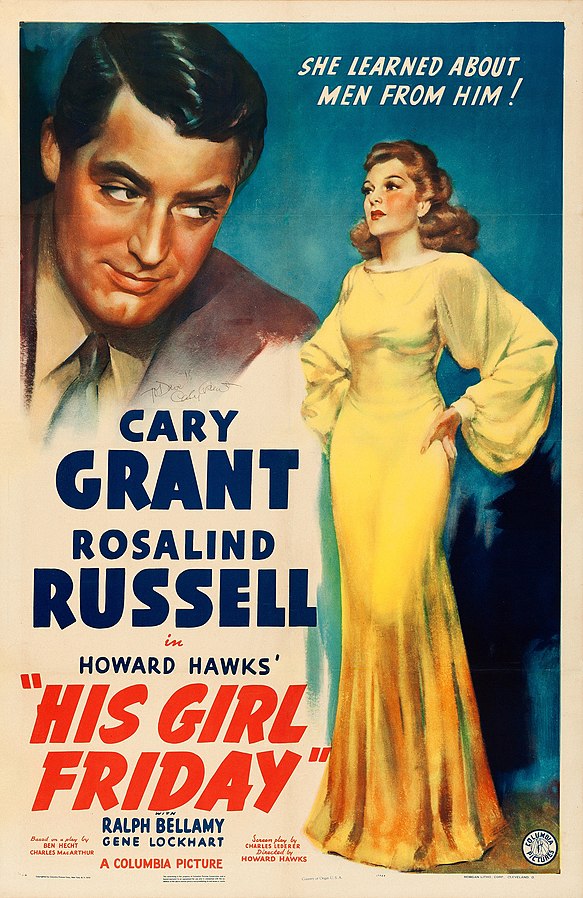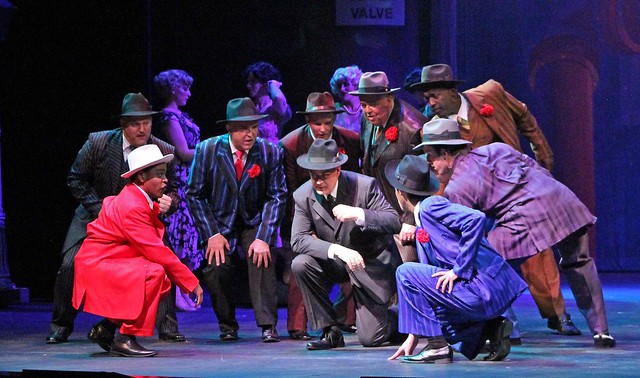
Peck. Make out. Lock lips. There are lots of ways of saying kiss. On this International Kissing Day, we’re exploring just some of those ways and where the words come from.
The oldest kiss word in the book
At least as far we can tell. To kiss meaning to touch with the lips as a sign of reverence, respect, admiration, or as a greeting is from circa 900, according to the Oxford English Dictionary (OED). Doing so mutually between two people is from 1330. The word comes from the Old English cyssan, “to touch with the lips.”
Technically speaking
The 16th and 17th centuries saw some perfectly scientific words for this romantic action. There’s exosculate (1570) meaning “to kiss heartily,” deosculate (1623), “to kiss affectionately,” and plain old osculate (1656), meaning simply “to kiss.” All three come from osculum, Latin for “a kiss; pretty mouth, sweet mouth.”
French kissing
French kiss began a kiss on both cheeks, “typically as a greeting,” says the OED. That sense is from about 1836 while the modern, tongue-wagging meaning is from the early 1920s. It first appeared in the 1922 book Indelible by journalist Eliot Paul: “She showed me the French kiss where you stick your tongue out, but I didn’t like it.” Soul kiss might be French kiss‘s 1877 predecessor.
The sound of four lips kissing
The earliest onomatopoeia we could find for kiss is buss from 1566. The OED describes this kind of liplock as “a loud and vigorous one.” The 16th century also gives us smack (1570) and smouch (1578). It’s not until 1932 and 1942 that we get the variations of smouch and smack, respectively, smooch and smackeroo.
Catching air kisses
The phrase, to blow a kiss, originated in the early 17th century, according to the OED, while air kiss — a kiss during which cheeks might touch but lips do not — has been around since at least the 1880s. From a Nov. 19, 1887 article in the Chicago Tribune: “The minister’s wife … knows where a kiss will do the least harm, and her favorite method is an air kiss, with the gentle pressure of her cheek to your cheek.”
Mwah, an exaggerated smack given on the cheek or an air kiss, is from the 1960s. The OED’s earliest citation is from the 1996 book, How Sweet It Was by Arthur Shulman and Roger Youman: “She performed with infectious enthusiasm and an unfailing smile, ending every show with a ‘Mwah!’—a kiss thrown to the audience.” Mwah-mwah was first seen in print in an Oct. 16, 1993 issue of The Times: “Everybody will have to kiss everybody every time they meet and half one’s day will be spent mwah-mwahing through a plump, wan sea of proferred cheeks.”
Euphemisms (sort of)
Baseball term first base was first used in the figurative sense of the first step toward success around 1892, says the OED, especially in the phrase “get to first base.” The kissing sense is from around the same time with the OED’s earliest citation from 1897: “I next tried to steal a kiss, but slipped and fell before I got to first base.”
Give me some sugar! you might have heard starting in the early 1920s, especially in the south, says the OED, meaning “give me a kiss.” If someone asks you to watch the submarine races, they’re not asking you to attend an aquatic competition. They’d like to “engage in amorous activity (esp. kissing and caressing), usually in a parked car overlooking a body of water,” says the OED, the earliest citation of which is 1950.
Tonsil hockey might be the least euphemistic of kissing euphemisms. According to the OED, it originated as mid-1980s college slang.
One thing leads to another
While necking might make you think of 1950s teenagers in cars, the term goes back to 1825, says the OED. First it meant to hug someone around the neck before it came to mean “to caress and kiss amorously.”
Petting is from 1920 with the OED’s earliest citation from F. Scott Fitzgerald. Parking is from 1922. Snogging is from 1945 with an unknown origin. The OED compares it to snug meaning to nestle or snuggle while the Online Etymology Dictionary says it might have originated in British India.
Pash is the newest word we could find related to kissing. An earlier noun sense meaning a crush or passionate infatuation (with the word being a shortening of passion) is from 1891, says the OED, while the adjective form meaning passionate or physically attractive is from 1920, again thanks to F. Scott Fitzgerald. The OED says that pash meaning to kiss or “engage in amorous play” with is Australian and New Zealand slang. Its earliest citation is from Alan Duff’s 1990 novel, Once Were Warriors: “She had her arms up and he walked over to her and they started pashing.”
Check out this list for even more kissing words and phrases.


